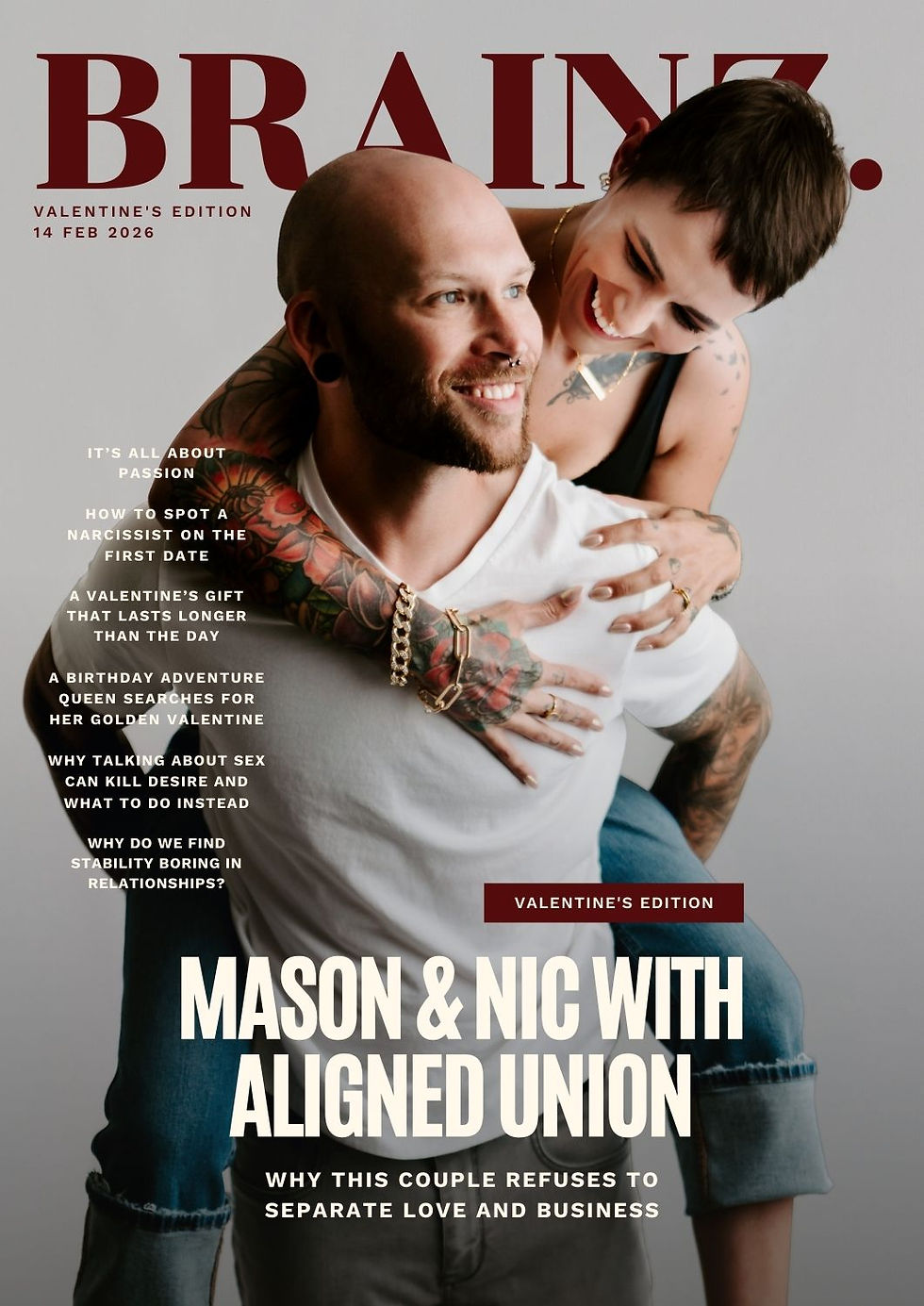10 Essential Tips On How To Find The Right Reiki Practitioner
- Oct 17, 2024
- 3 min read
Written by Akleema Ali, Reiki Master Teacher
Akleema Ali is a Reiki Master Teacher and the Owner of The Reiki Lighthouse in Trinidad & Tobago. Her passion is on using meditation and Reiki as a major modality for optimal health & wellness.

As Reiki continues to gain popularity for healing, balance, and personal growth, more people are seeking qualified Reiki practitioners and teachers. Whether you're looking for personal healing or wish to learn Reiki yourself, choosing the right practitioner or teacher is a deeply personal decision. Here are some tips to help you find someone who aligns with your goals and values.

1. Assess their credentials and training
Reiki is an intuitive healing art, but formal training matters. Look for a practitioner or teacher who:
Has been trained by a reputable Reiki Master.
Can provide evidence of their certification in Reiki levels (Level I, II, and Master level).
Is affiliated with recognized Reiki organizations like The International Centre for Reiki Training (ICRT), the International Association of Reiki Professionals (IARP) and The Reiki Healing Association (RHA)
2. Look for experience
While newer practitioners can offer valuable services, an experienced Reiki practitioner or teacher will likely have a deeper understanding of the nuances of Reiki energy. Ask about their:
Length of practice.
Experience in offering Reiki treatments or teaching students.
Any specializations they might have, such as working with trauma, anxiety, or physical health issues.
3. Check testimonials and reviews
Word-of-mouth recommendations and online reviews can be an excellent way to assess a practitioner's or teacher’s reputation. Consider:
Asking friends or family members for recommendations.
Reading testimonials on their website or third-party review platforms.
Observing how past clients or students describe their experiences.
4. Inquire about their reiki lineage
Lineage in Reiki refers to the tradition or school through which the Reiki practitioner was trained. Knowing their lineage can give insight into their background and practice. Some common Reiki lineages include:
Usui Reiki
Usui/Holy Fire© Reiki\
Karuna Reiki
Jikiden Reiki
A practitioner should be able to explain their lineage and its teachings.
5. Schedule a consultation
Before committing to a treatment or Reiki class, schedule a consultation. Many practitioners offer free or low-cost initial consultations. Use this opportunity to ask questions and feel out the practitioner’s energy. Consider asking:
What can I expect from a Reiki session with you?
How do you tailor sessions to individual needs?
For teachers: How do you structure your courses? What kind of ongoing support do you offer?
6. Trust your intuition
Energy work, like Reiki, is deeply personal. You should feel comfortable and connected to your practitioner or teacher. During the consultation or first session, pay attention to:
How you feel in their presence.
Whether they answer your questions clearly and with compassion.
Your overall sense of trust and alignment.
7. Consider their teaching style
If you're seeking a Reiki teacher, it's crucial to find someone whose teaching style resonates with you. Some questions to consider:
Do they offer hands-on training and personal mentorship?
Are their classes small and interactive, or larger and lecture-based?
Do they provide opportunities for ongoing practice, feedback, and community support?
8. Align with their philosophy
Reiki practitioners and teachers often have their unique philosophies regarding healing and spiritual growth. Ensure that their philosophy aligns with your own goals:
Are they open to integrating Reiki with other healing modalities (e.g., crystals, meditation, or sound healing)?
Do they focus on personal empowerment and self-healing, or do they see Reiki as primarily a service they provide?
9. Understand their approach to ethics
A professional Reiki practitioner or teacher should maintain a high standard of ethics. This includes:
Maintaining confidentiality with clients.
Creating a safe, non-judgmental healing space.
Maintaining appropriate boundaries in both teaching and healing practices.
10. Consider cost and accessibility
Reiki sessions and classes can vary widely in price. Consider:
Whether the cost of sessions or classes is within your budget.
If the practitioner or teacher offers flexible pricing options or sliding scales.
Their accessibility in terms of location, scheduling, or online availability.
Call to action
Ready to start your Reiki journey or find the perfect teacher? Take the first step by scheduling a consultation today! Whether you're seeking healing or wanting to learn Reiki, finding the right practitioner makes all the difference. Reach out now and begin your path toward balance and wellness!
Akleema Ali, Reiki Master Teacher
Akleema Ali is a Reiki Master Teacher and the Owner of The Reiki Lighthouse in Trinidad & Tobago. Her passion is on using meditation and Reiki as a major modality for optimal health & wellness. Her mission: Encouraging others to build their own sanctuary. Her vision: Everyone can access peace within.
Internal Links:









